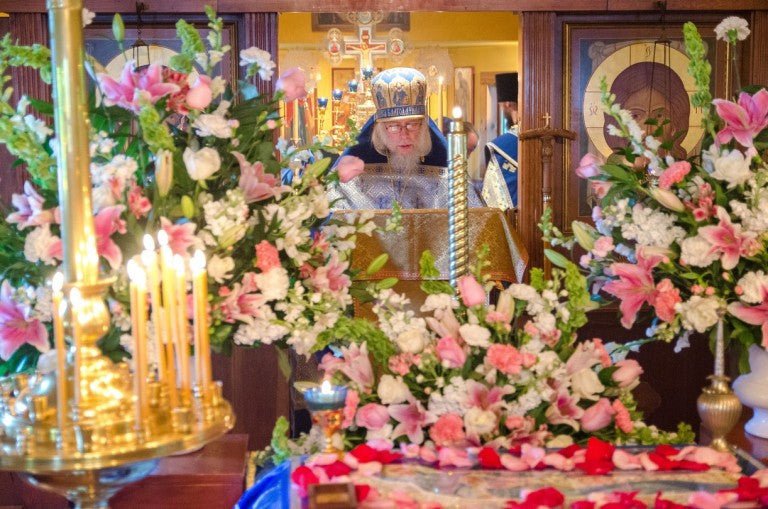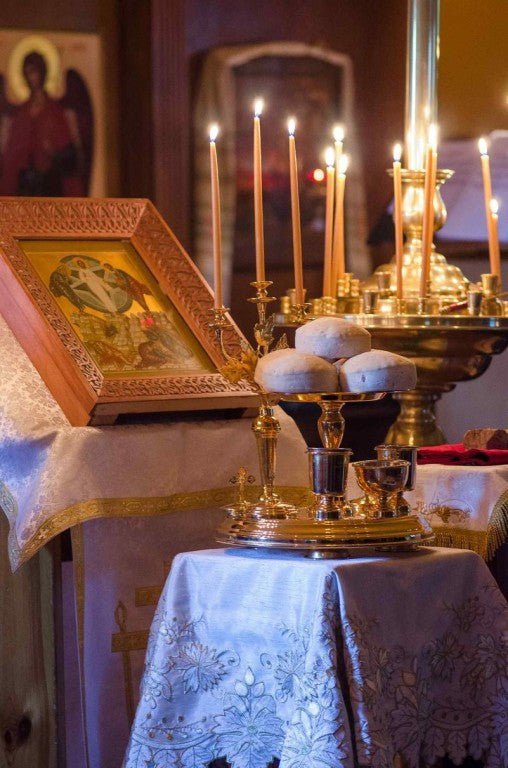Sermons & Homilies

According to the teachings of the Holy Fathers of the Orthodox Church, every passage in the whole of sacred Scripture, and above all each word of the Holy Gospel, is spoken by the Lord God directly to each one of us personally. All of the history recorded in sacred Scripture is the history of our own heart. Every prayer should be taken up as the cry of our own spirit to its Creator. The wisdom contained in it–like honey in a honeycomb–is given to each one of us for use in our own lives and for the salvation of our own souls.

St. Ephraim the Syrian says that to honor the Mother of God is to “unlock the gates of the heavenly Jerusalem”.

In today’s Gospel reading we hear a story that many of us are familiar with, the story in which a young man who had much wealth approached Christ and asked Him what he must do to inherit eternal life. St. John Chrysostom notes that this man was sincere and was not trying to trick Christ by his question or else he would not have left sorrowing. Christ answered the young man’s question saying, “keep the commandments.” The young man, after saying he has kept all the commandments from his youth until now, inquired further, because, as St. John writes, he “supposes that there are some other commandments besides the law which should procure him eternal life.”[1] Christ told him that if he would give up all of his riches he could be perfect. Upon hearing this, he walked away sorrowful because of the grip that the love of possessions had on his soul.


Today we celebrate the Feast of my beloved patron, Our Holy Father Seraphim the Wonderworker of Sarov.

